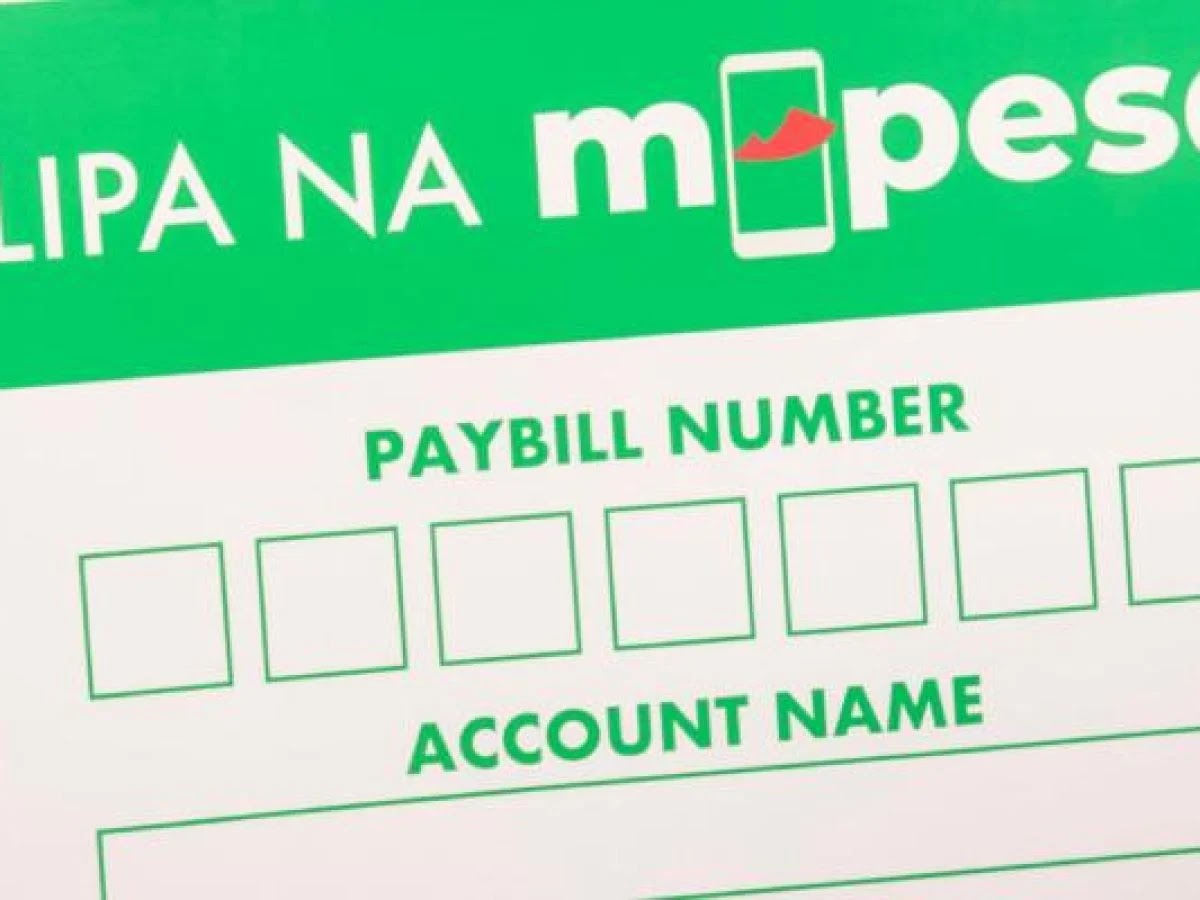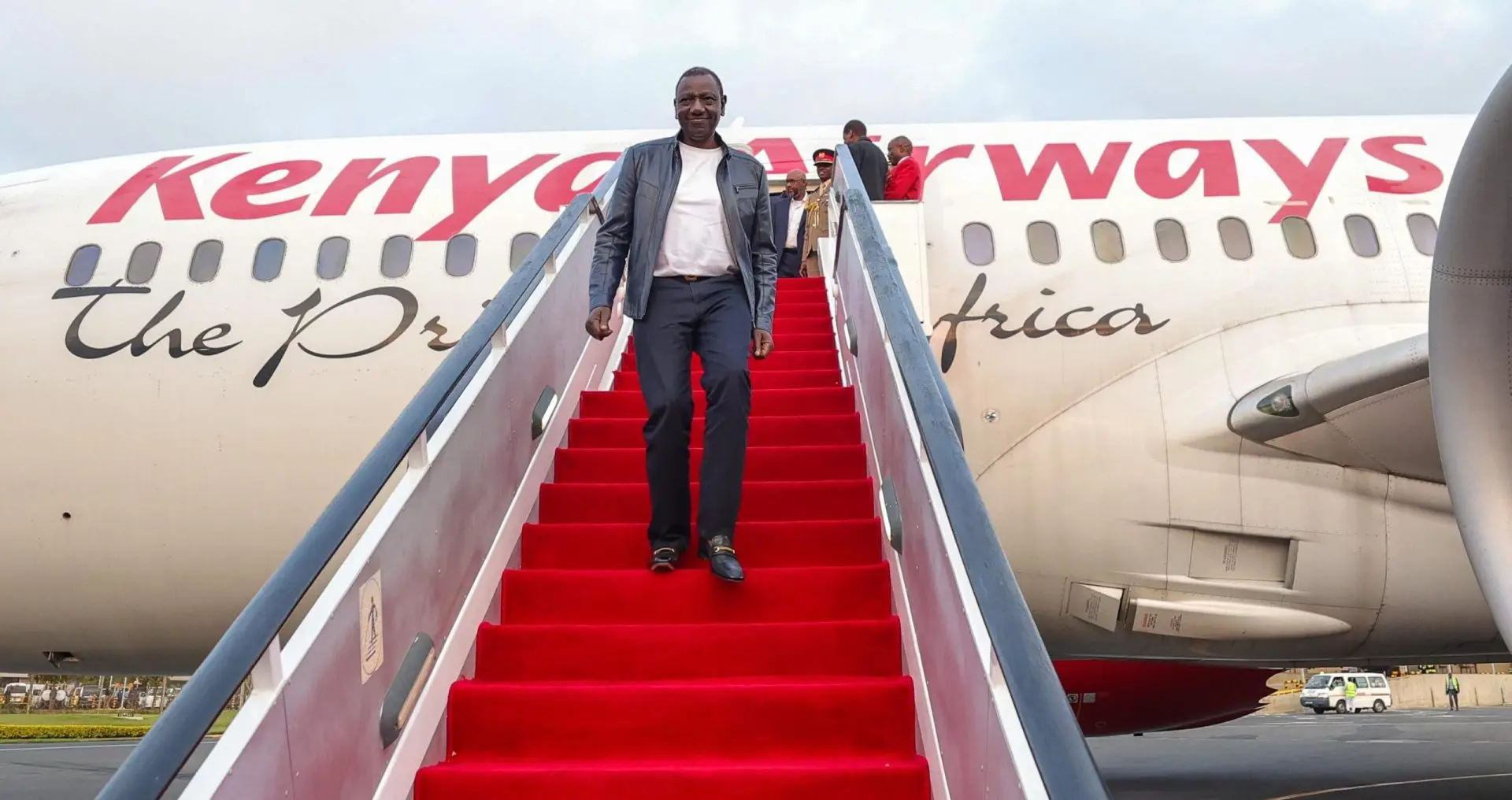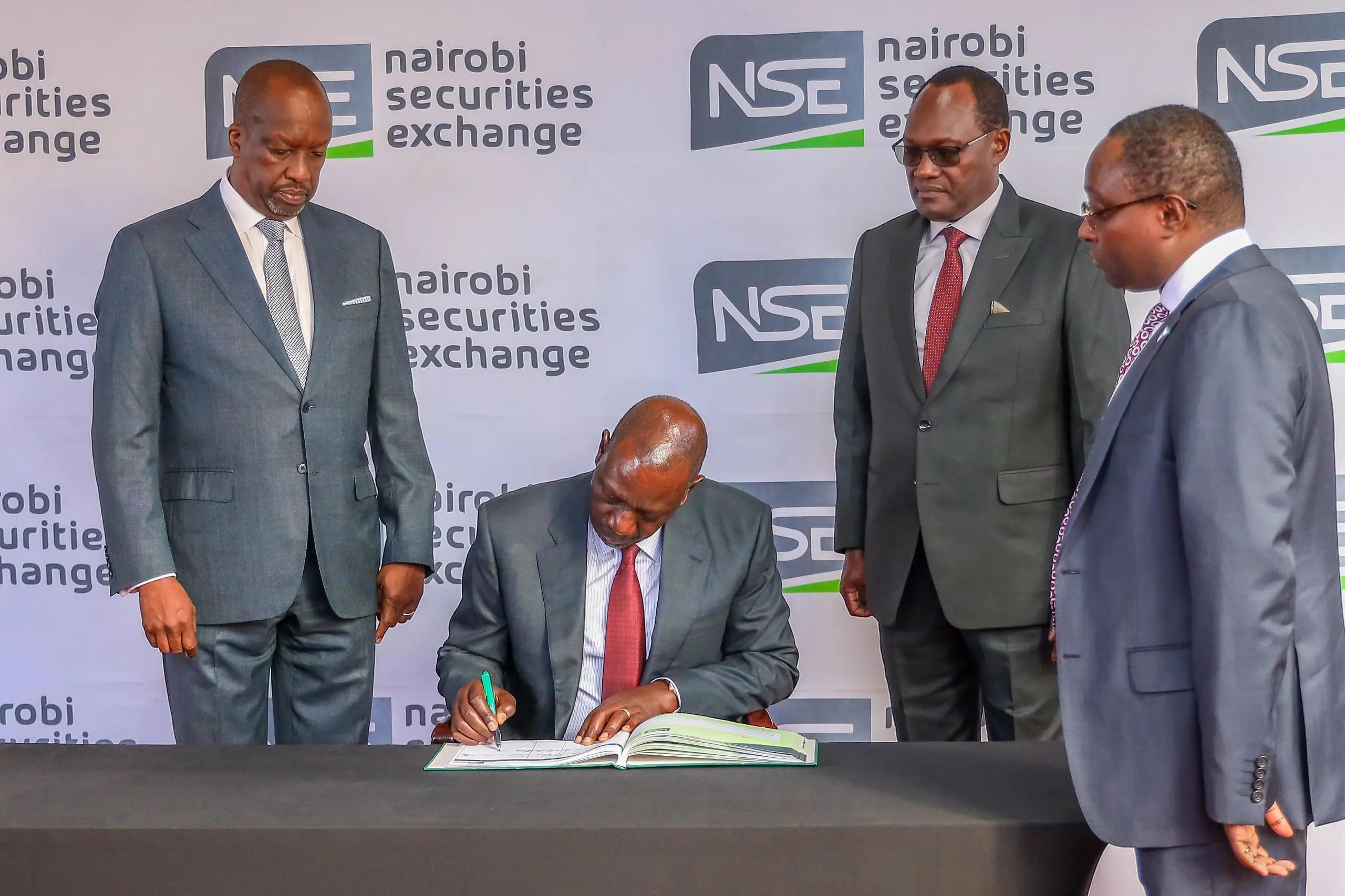
Kenya to Integrate Mobile Money Payments into Tax System to Boost Revenue Collection
The government is ramping up efforts in incorporating mobile money platforms into the tax system as it ups its game in revenue collection. According to former Trade Cabinet Secretary Moses Kuria, transactions made on mobile payment systems-the likes of paybills, will soon carry the same context as electronic tax receipts, ETR and hence a yardstick for tax calculation. This move aligns with the digitalization of the revenue framework by KRA through collaboration with telecoms such as Safaricom and Airtel to net untaxed income from traders and businesses in the informal sector.
Kuria further contrasted this figure against the 200,000 firms with ETRs, while there are 2 million businesses using paybills. By Christmas 2024, all paybills will act like virtual ETRs in an attempt to drive compliance. The move is mainly targeting firms with a turnover of more than KSh5 million yearly, most of whom are out of the tax system.
This development forms part of the government's broader crackdown on tax evasion amid generally low physical ETR uptake. It improved the KRA's methods of enforcing taxes by such databases as bank records, car registrations, and utility bills to track down wealth and bring tax cheats to book. This happens at a time when President Ruto's administration is facing financial pressures compounded by protests against tax hikes and delayed IMF funding.
With more than 30 million registered users, Safaricom's M-Pesa system is one of the leading ways in which the government can collect revenue in this country's increasingly digital economy.


